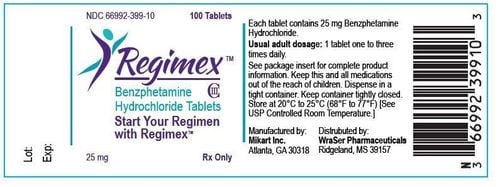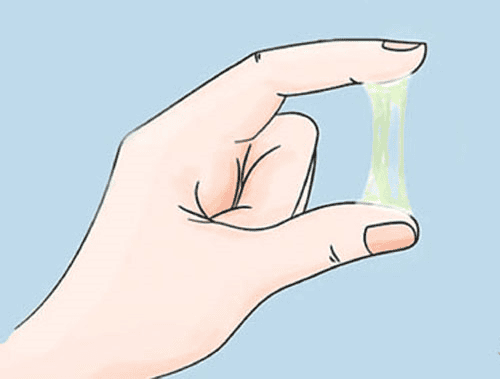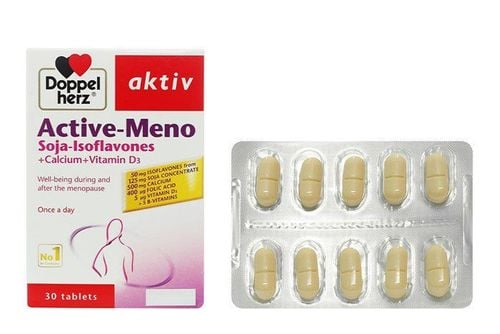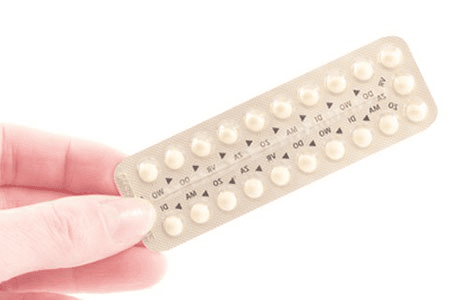This is an automatically translated article.
People going through menopause may gain weight. These people who want to lose weight are likely to find it more difficult than usual, and losing weight becomes a challenge.
1. How is menopause and weight related?
Women reach menopause after 12 months without a menstrual cycle. During menopause and perimenopause, which is the first stage leading up to menopause, most people can gain body fat and have a harder time losing weight during menopause.
Menopause is associated with fat growth for the following reasons:
Decrease in estrogen levels. Changes in estrogen levels contribute to weight gain. Estrogen is one of the main sex hormones in women. It plays an important role in: sex characteristics, regulation of the menstrual cycle, maintenance of bone health, regulation of cholesterol levels. During menopause, estrogen levels drop dramatically. A drop in estrogen levels doesn't directly cause weight gain, but it can lead to an increase in total body fat and belly fat. Excess weight during middle age may be linked with heart disease and type 2 diabetes.
Natural aging process. Weight gain during menopause is also related to aging and lifestyle habits. As people age, they tend to become less physically active. Their metabolism also slows down naturally. These factors lead to decreased muscle mass and increased body fat. Poor sleep. Menopause is linked to poor sleep by hot flashes or night sweats.

Những cơn bốc hỏa thời kì mãn kinh thường khiến phụ nữ mất ngủ
2. Strategies that can help with weight loss after menopause
2.1. Get more active Regular exercise is a great way to promote weight loss and overall fitness. Because, many people experience a decrease in muscle tone as they age. Along with the loss of muscle tone can cause an increase in body fat. Exercise will help build muscle and prevent age-related muscle loss.
Recent research shows that aerobic exercise can reduce body fat after menopause. Another study also found that resistance training three times a week can improve body mass and reduce body fat in postmenopausal women.
The physical activity guidelines for Americans recommend that each person should be aerobically active for at least 150 minutes per week and should do muscle-strengthening activity on two or more days per week. The combination of aerobics and resistance training will help reduce body fat and build muscle.
2.2. Use nutrient-rich foods To lose weight, especially post-menopausal weight loss, people need to consume fewer calories than they use. Changing your diet is an important part of weight loss.
Healthy, nutrient-rich foods should be the basis for all meals including snacks. As part of the diet, eat a variety of colorful fruits and vegetables, whole grains, and lean protein-based foods.
Mediterranean diet is the most popular and effective diet for health. 2016 research has shown that this diet can improve risk factors for heart disease, such as blood pressure and lipid levels, and may help with weight loss. A few things to do for an effective diet:
A variety of fruits and vegetables Lean protein, beans, fish or chicken Whole grains Healthy fats, such as olive oil, avocados ,...

Xây dựng một thực đơn giảm cân với các loại rau củ quả nhiều màu sắc
A few points to avoid in the diet:
Refined foods: white bread, cakes, cookies... Foods high in trans fats and saturated fats. Oily and sugary foods Sweet drinks, such as soda, juice 2.3. Prioritize sleep Getting enough quality sleep is important for maintaining weight and overall health. Furthermore, poor quality sleep can lead to weight gain.
Several studies have linked sleep disturbances with aging and metabolic disturbances during menopause. Changes in sleep quality and circadian rhythms affect:
Appetite hormones Body fat composition Energy expenditure In addition, symptoms such as hot flashes and night sweats can disrupt sleep .
Therefore, focusing on getting enough sleep can help with weight loss associated with menopause.
2.4. Considering alternative therapies In general, not many studies have been conducted, so the conclusion that alternative therapies are effective in reducing symptoms associated with menopause is not clear.
Although these therapies may not result in significant weight loss, they can help relieve some symptoms and stress.
Some potential complementary and alternative therapies include: yoga, hypnosis, herbs, meditation.

Thiền định giúp cải thiện sức khỏe và giải tỏa căng thẳng hiệu quả
2.5. Food and Weight Tracking Meal tracking can help identify some unhealthy foods that are regularly consumed. This information can help make dietary changes more specific and appropriate.
Research shows that people who keep food and weight diaries regularly, and maintain high levels of energy-consuming exercise activity, are likely to lose weight significantly.
2.6. Lifestyle changes The key to weight loss is maintaining healthy habits over the long term. Diets tend to help with short-term weight loss, while adopting healthy habits such as cooking and exercising regularly is more likely to maintain long-term effects.
In summary, women often experience an increase in body fat during menopause. This is associated with decreased estrogen levels, low quality sleep, and decreased metabolism and muscle mass. Furthermore, studies have also linked estrogen levels with an increase in body fat, especially belly fat (visceral fat). Therefore, maintaining healthy living habits has proven effective and long-term weight loss.
Vinmec International General Hospital offers customers Pre-menopausal health examination and counseling package - a completely new package in Vietnam proposed by Vinmec. Package to help customers:
Examination and consultation with a gynecologist Perform tests to assess hormonal status For examination and treatment at Vinmec, please come directly to Vinmec medical system or register online HERE.
Reference source: medicalnewstoday.com; healthline.com













